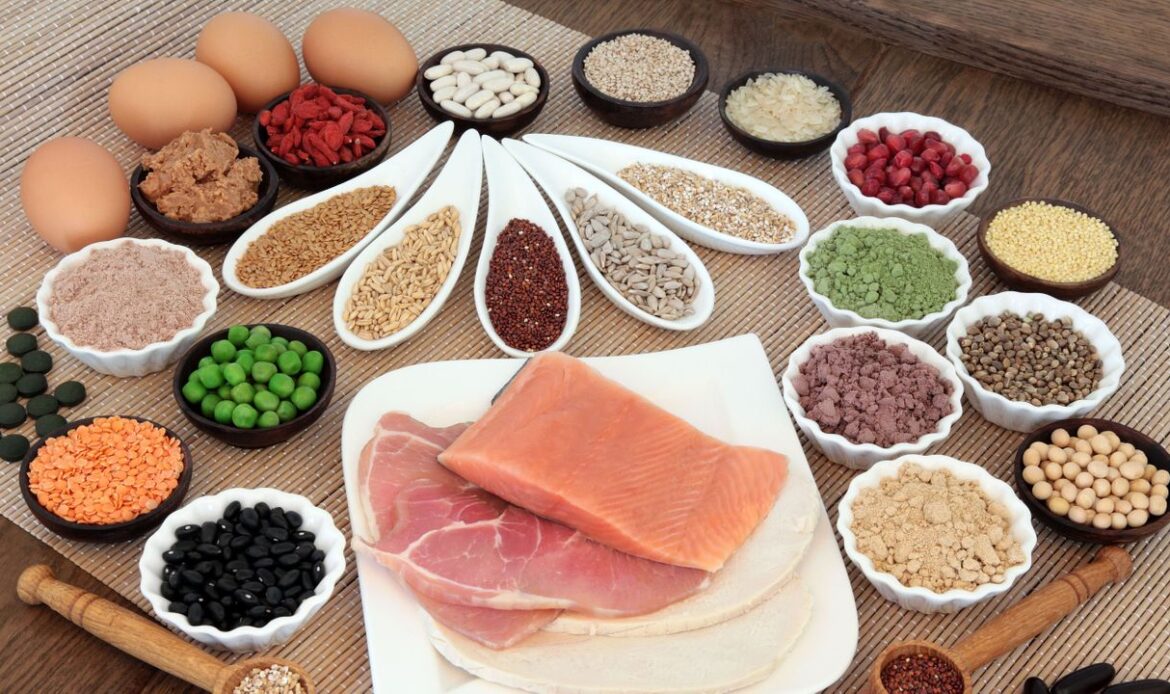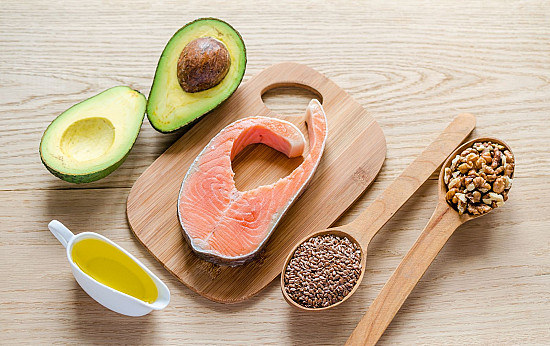When it comes to health and wellness, misinformation can lead to confusion and misunderstandings. It is crucial to separate fact from fiction to make informed decisions about our well-being. Here are ten prevalent health myths debunked:
1. Myth: You must drink eight glasses of water daily.

Fact: While staying hydrated is essential, the “eight glasses a day” rule is not based on scientific evidence. Water needs vary depending on factors such as age, weight, activity level, and climate. Instead of focusing on a specific number, listen to your body’s thirst cues and drink water accordingly.
2. Myth: Eating late at night causes weight gain.

Fact: The number of calories you consume versus the number you burn affects weight gain more than the timing of meals. Eating late at night may not necessarily cause weight gain, but it can interrupt sleep and encourage unhealthy eating habits. Focusing on the quality and quantity of food consumed throughout the day is more important.
3. Myth: Crunches are the best way to achieve a flat stomach.

Fact: While crunches can strengthen abdominal muscles, they alone are insufficient to spot-reduce belly fat. Cardiovascular exercise, strength training, and a balanced diet are necessary to reduce overall body fat and reveal a toned midsection. Incorporate exercises that engage multiple muscle groups for optimal results.
Read: Stay mentally healthy this week with these five tips
4. Myth: The more the protein, the better

Fact: Protein is essential, but eating more than your body needs is like pouring liquid into a full glass. When you eat too much protein, your body can’t store it, turning it into calories. This can cause you to gain weight.
5. Myth: You can “sweat out” toxins through exercise.

Facts: Did you know that exercise has many health benefits? It can improve your circulation and help you sweat out toxins. However, it’s important to note that exercise alone will not eliminate toxins from your body. Your liver and kidneys are the primary organs responsible for detoxification, not sweat glands. While regular exercise is great for your overall health, it should not be used as a substitute for proper detoxification.
6. Myth: No pain, no gain.

Fact: When you work out, you might hear the saying “no pain, no gain” a lot. This myth implies that pain is necessary to make progress, but that’s not true. Pain actually indicates a warning sign that you may be at risk of getting hurt. While exercise can be challenging, it shouldn’t hurt.
7. Myth: Cracking your knuckles causes arthritis

– Fact: Cracking your knuckles might bother some people, but it doesn’t lead to arthritis. Research indicates that the popping sound happens when gas bubbles are released from the synovial fluid surrounding the joints. Various studies have failed to find any connection between knuckle cracking and arthritis.
Read: Embracing Digital Detox for Mental Health and Well-Being
8. Myth: All fats are bad

Facts: Not all fats are created equal. While excessive consumption of trans fats and saturated fats can contribute to health problems like heart disease, certain fats are essential for a balanced diet. Unsaturated fats, such as those found in nuts, avocados, and olive oil, benefit heart health and help lower cholesterol levels. Incorporating healthy fats into your diet in moderation can support overall well-being and should not be avoided entirely.
9. Myths: Cold weather makes you sick

Facts: The idea that cold weather causes illness is common, but it’s not entirely true. Viruses are what cause illnesses like the common cold and flu, and these viruses spread more easily in colder months due to indoor crowding and decreased humidity. While being cold can weaken your immune system temporarily, it doesn’t directly make you sick. Practicing proper hand hygiene, getting vaccinated, and maintaining a healthy lifestyle, regardless of the weather, is more effective in preventing illness.
10. Myths: An apple a day keeps the doctor away

Fact: Can an apple truly be the key to good health? While apples are a great addition to a healthy diet, they are not a substitute for regular check-ups or a well-balanced eating plan. Think of them as a single note in a larger symphony of health, important but only one part of the composition.
By dispelling these common health myths, we can make more informed choices about our lifestyle habits and prioritize evidence-based practices for optimal well-being. Always consult trusted sources and healthcare professionals for accurate information regarding your health and wellness journey.
